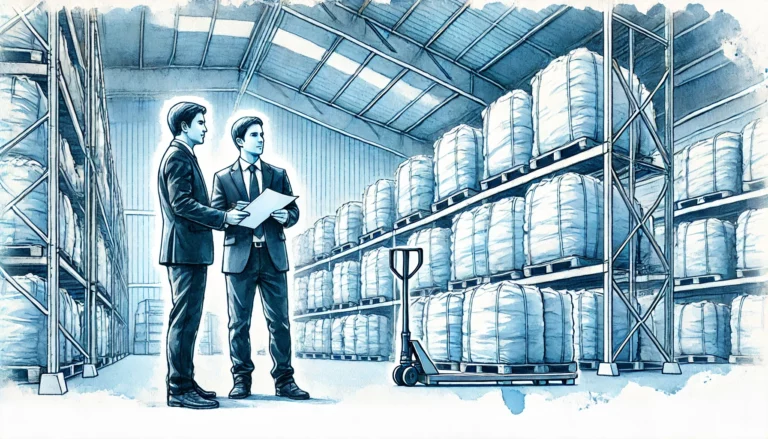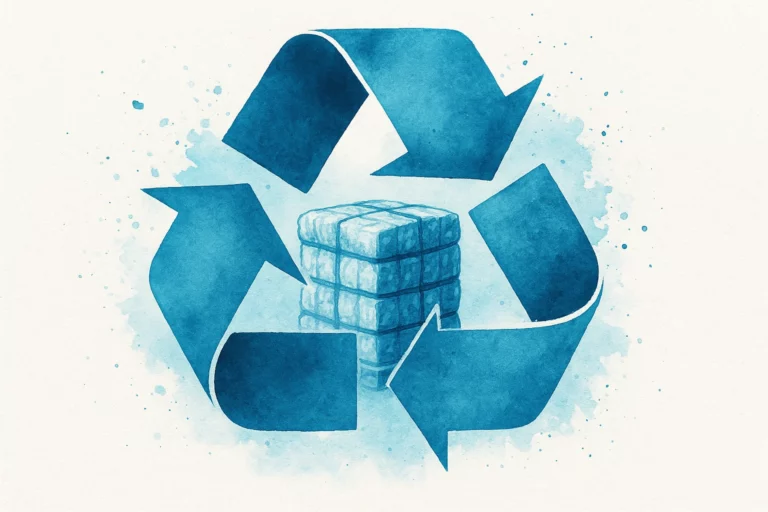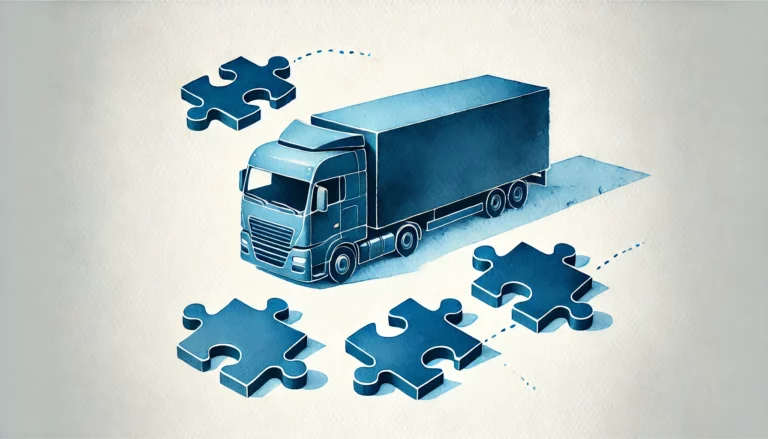How to spot red flags in waste load offers and avoid costly mistakes?
Navigating the waste transport industry can be challenging, especially for foreign clients unfamiliar with local regulations. Fraudulent waste load offers are a growing concern, leading to legal risks, financial losses, and environmental hazards. Some companies manipulate documentation to disguise illegal waste shipments, a practice known as document neutralization. This article highlights key red flags in waste load offers and explains how to avoid costly mistakes.
Do you need help with waste carrier permits? Maybe you seek advice on how to handle waste transport? Contact us:
office@wastetransportsolutions.eu
Understanding the risks of waste load fraud
Fraudulent waste transport schemes can be sophisticated. They often involve misclassified waste, altered documents, or misleading pricing. Falling victim to such schemes can result in regulatory penalties or criminal charges. To operate safely, foreign clients must recognize warning signs and ensure compliance with legal standards.
The consequences of waste load fraud extend beyond fines. Companies caught in illegal waste transport may face reputational damage, loss of operating licenses, and legal battles. Awareness is essential for preventing involvement in such activities.
Red flags in waste load offers
Suspiciously low prices
If an offer is significantly cheaper than market rates, it could indicate hidden problems. Low pricing often signals improper classification, undocumented waste, or attempts to evade regulations. On the other hand, an exceptionally attractive price is used to entice a carrier to take the load, only for them to realize later that the risks far outweigh the gains. Always compare prices with industry benchmarks to assess legitimacy.
Vague or incomplete documentation
Every waste load must have clear, verifiable documentation. Missing or inconsistent details on transport permits, waste codes, or disposal methods suggest potential fraud. Ensure all paperwork is complete and cross-check details with regulatory authorities before proceeding.
Pressure to act quickly
Scammers often create urgency to prevent due diligence. If a supplier pushes for immediate action without allowing time for verification, be cautious. Rushed deals can lead to legal complications and financial losses.
Unverified suppliers
A company with no online presence, missing certifications, or an unverifiable track record is a major red flag. Before engaging in business, confirm the legitimacy of the supplier through regulatory bodies and industry networks.
Inconsistent waste descriptions
Discrepancies between verbal agreements and written documentation should raise concerns. Pay attention to variations in weight, material classification, and transport methods. Inaccurate descriptions could indicate an attempt to mislead regulators.
Ambiguous payment terms
If a supplier demands upfront payments, requests payment through untraceable methods, or avoids written contracts, proceed with caution. Legitimate transactions should always have transparent payment terms documented in formal agreements.
The danger of document neutralization (and why It’s illegal)
What is document neutralization?
Document neutralization is the practice of altering waste transport documents to hide the true nature of waste. This includes changing waste classification codes, falsifying origin details, or modifying disposal information. Such actions create serious legal and environmental risks. It’s not just frowned upon, it’s downright illegal. Don’t let yourself be convinced by the argument that ‘everyone does it and there have never been any problems’. This trivializes the issue—one that you will become a part of if you give in to the persuasions of a dishonest contractor.
Why is document neutralization illegal?
Regulatory authorities strictly prohibit document manipulation because it facilitates illegal dumping and hazardous waste mismanagement. Governments impose severe penalties, including heavy fines and potential imprisonment, for those involved. Compliance audits frequently uncover document neutralization attempts, leading to swift legal action.
Best practices to ensure safe and legal waste load transactions
Verify all documentation
Check all documents and permits, waste classifications, and supplier details against official databases. Ensure consistency between all paperwork and the physical waste being transported.
Conduct due diligence on suppliers
Research the company’s history, certifications, and industry reputation. Verified suppliers should provide references and evidence of compliance with regulations.
Use digital tracking systems
Modern tracking technologies help monitor waste shipments in real time. These systems prevent fraudulent activities by ensuring transparency throughout the transport process.
Consult legal experts
Waste transport laws vary across countries. Seeking advice from legal professionals helps ensure compliance with both domestic and international regulations.
Conclusion
Fraudulent waste load offers pose serious risks to businesses, finances, and the environment. Recognizing red flags such as vague documentation, unverified suppliers, and document neutralization is crucial. By implementing strict verification measures and working with reputable partners, foreign clients can protect their operations from costly mistakes and legal consequences.
Are you looking for reliable waste transport partner? Contact us today.







